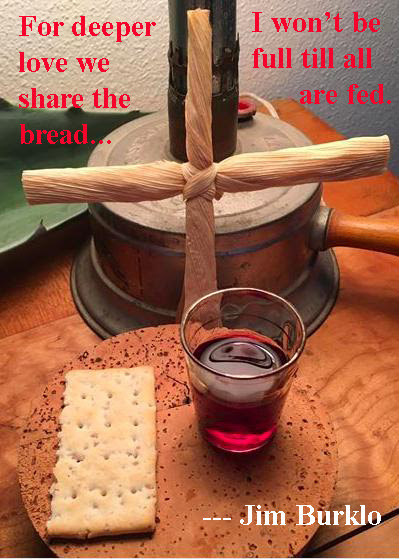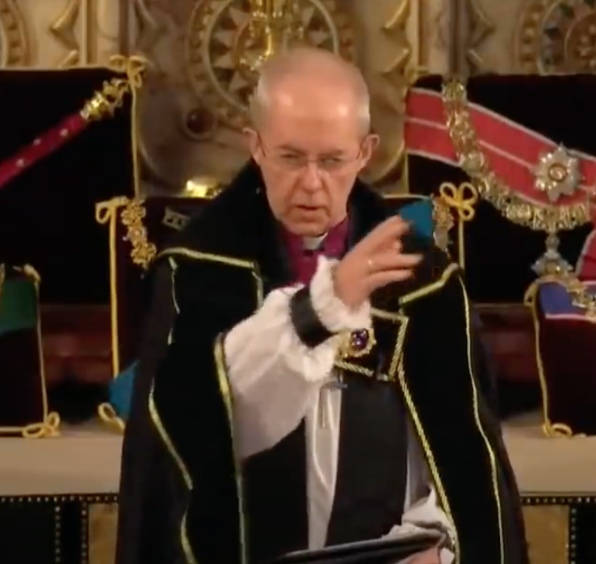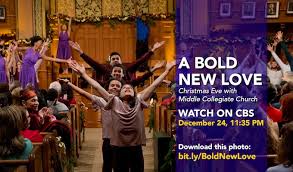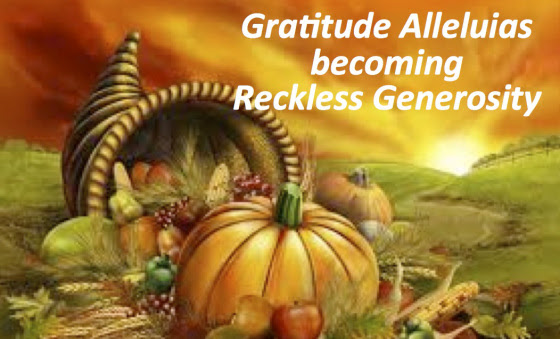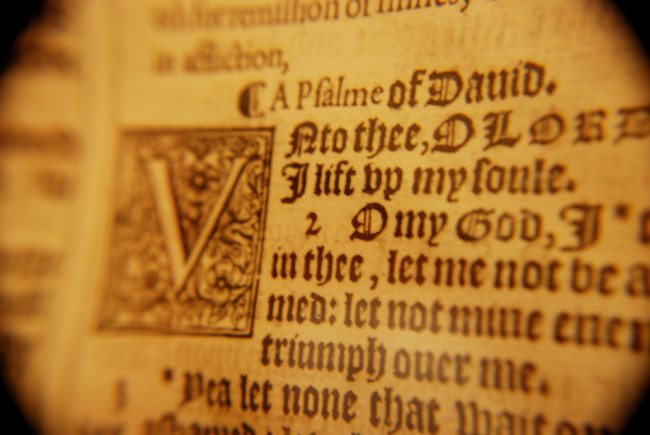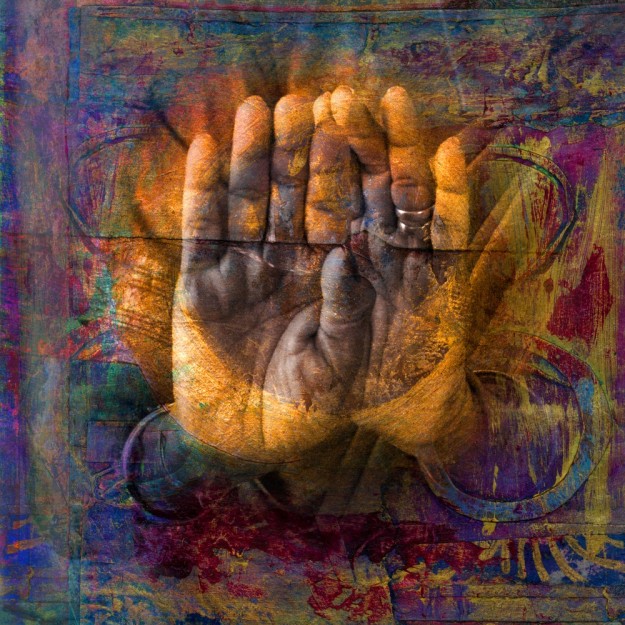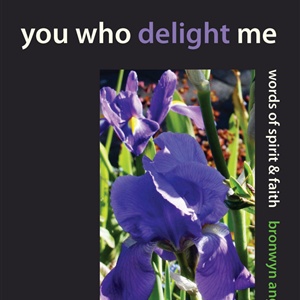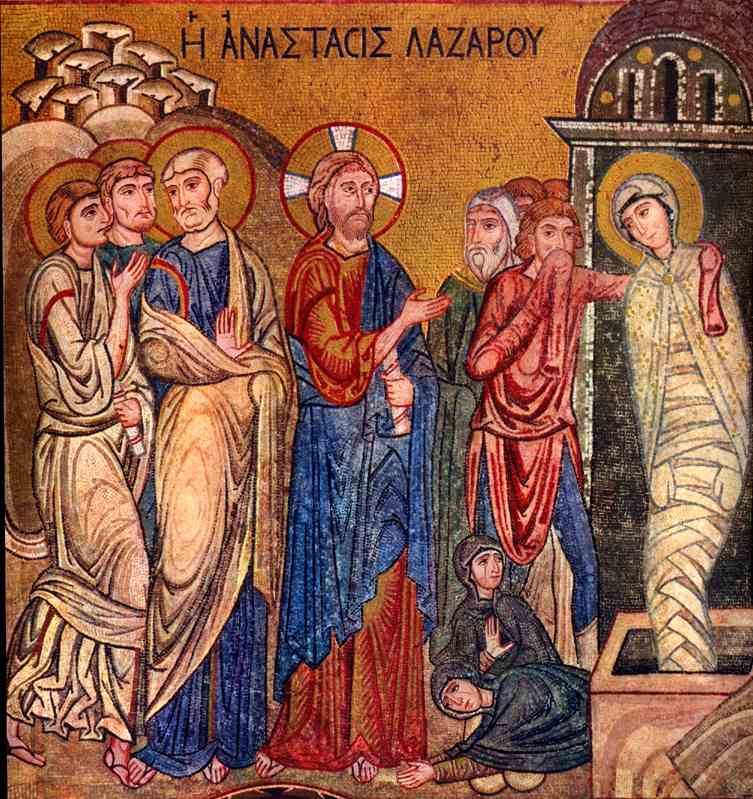These three words sum up progressive Christian theology. They represent a turning point in the evolution of human understanding of Ultimate Reality. The Bible starts with Superman-In-The-Sky and ends with agape – unconditional love - as the identity of the Divine.
When asked in later years how I received my calling to ordained ministry, I used to joke that the burning bush for me was an incinerated draft card. But with a last name like ‘Bennison,’ (an old English word for ‘blessing,’ or ‘benediction)’ and the first name John (from the Greek"Ἰωάννης" or Hebrew "Yôḥānān" meaning ‘graced by God)’ what else was I to do with my life?
“At the center of the Christmas story is hope…hope which comes to us in the form of a vulnerable, poor baby. A child, not a king, changes the world. God appears to us as a marginalized, Afro-Semitic, Jewish child from Nazareth in Palestine. A child who grows up to teach us to welcome the stranger. How would our world be different if we loved our neighbors as ourselves?” asks the Rev. Dr. Jacqui Lewis, senior minister of Middle Collegiate Church.
Remember that resurrection is more than mere resuscitation! It is life transformed! It is faith in possibilities, when others are convinced of inevitability.
Reinhold Niebuhr's brother, H. Richard, argued for faithfulness to the example of Jesus's nonviolence, while Reinhold believed this was naive and unrealistic in an imperfect world. H. Richard was the purist to the Christian faith, believing that following the Golden Rule, no matter the consequences, is what Jesus and God called us to do -- the success of the mission being in God's hands rather than our own. Reinhold, however, looked at the more practical side of things, substituting his or the world's idea of what was possible and changing his ethics accordingly. H. Richard thus trusted more in the providential moral arc of history as M.L. King, Jr. , would call it rather than a realist's version of what humans believe is attainable given their corrupt nature. In essence, H. Richard focused on the power of God's grace to transform our spirits and the world for the better, while Reinhold accepted a more cynical view of our ability to be radically changed as a specie.
Thanksgiving is a time for counting blessings. Sometimes, when we look back into the past we see hard times, or lean times, and we tend to wax poetic about how great life was even though we didn’t have much money.
From the Boundless Life collection
Give me warmth in my loving, Strength through forgiving, Peace in my being, Today and all my life.
When Jesus prayed, he found a sense of sacred oneness, when Buddha meditated, he became awake to deeper levels of awareness. No one truly knows the effectiveness of prayer, but one thing is for sure- when we take the time to be still, to slow down, to go inward, we almost always discover something about ourselves and the potential awareness that we are not alone.
O God who is called I am who I am: As we leave this place grant to us, your children, the grace to speak and act with integrity reflecting who we truly are.
We are here to praise and enjoy God with body and soul, mind and heart, with song and word, with hands and feet. We are here to give because of the abundance God has given us, to share with each other, and to receive, because God has created us to depend on each other. We are here to celebrate the differences that otherwise might divide us: differences of age, of body, of culture, of opinion, of ability, of religious conviction. We are here to put things in perspective: to celebrate what matters, to laugh about things we take too seriously, to cry about things that truly touch our hearts. So may it be this morning: Amen!
Follow a star that’s twinkling with courage, blazing with possibility to the space, the essence that is God.
"you who delight me" is in two parts: poems of love—secular and spirited writing about people, places and events; and words of spirit and faith—inclusive language, contemporary liturgies for individual contemplation and progressive faith communities.
The Gift of Mortality
Avowed atheist Susan Jacoby recently created a dust up with a recent article in the New York Times Sunday Review entitled, “The Blessings of Atheism.” She wrote in response to all the god-talk that appeared in the immediate aftermath of the Newtown massacre; with all those unanswerable questions or inadequate answers to human suffering and death so often peddled in popular religious belief. So too, not long ago author and “non-believer,” Christopher Hitchen’s posthumously published his little book Mortality; recounting his rambling thoughts on his own imminent demise; after a terminal diagnosis left him a sufficient number of days to find himself “deported from the country of the well across the stark frontier that marks off the land of malady.” But what, or where to, after that? What if this really is all there is? It seems there has always been the human hankering to imagine all kinds of fanciful notions, in our attempts to recapitulate our mortal existence into something more than it is. Many religious traditions, including centuries of “mainline” orthodox Christianity, employ great mythic stories to describe a life subsumed into something greater than we can either know, or grasp, except by “faith.” Heaven knows, some folks try to better themselves, merely in the hope of a remote possibility there something more, after our death, which is a certainty. But in the end, is it all dust and ashes? And is that OK? This is the liturgical time of year when many in the Christian tradition undergo a seasonal pilgrimage in which the faithful are reminded at the onset we mortals are nothing more than dust. And so we will one day return to that from whence we came. Then the traditional forty days end with the perennial re-enactment of a passion play commemorating the mortal demise of the one whom Christians even these many centuries later would profess to follow. Many do so in the hope of some kind of immortality for themselves in some indecipherable form or other; attributing to Jesus a “resurrection” that means the same thing to them as god-like immortality; while others of us may find such imaginings to be not only reasonably implausible, but of less importance than what we take to be of greater significance and meaning in this faith tradition. Otherwise, the vainglorious hope of immortality can become so enshrouded in our mortal fears that we become – like Lazarus in his early grave – so wrapped up in death that we fail to truly acknowledge and appreciate the gift of our mortality for what it is; nothing more, nor less. With the certain assurance then that we are but dust and ash, we can ask ourselves if the gift of our mortality is not only enough, but more than enough? And if so, as the psalmist says, how then shall we “number our days, that we may apply our hearts to wisdom?” (Psalm 90:12)

